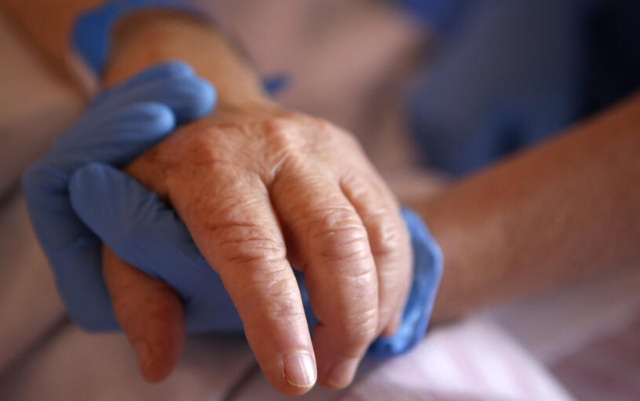France Law to Legalize “Aid in Dying” in France
French President Emmanuel Macron has announced plans to introduce new legislation that will legalize “aid in dying” for adults facing end-of-life illnesses. This landmark decision follows a report from last year indicating strong public support for end-of-life options in France. The proposed bill, set to be presented to the National Assembly in May, marks a significant shift in the country’s approach to assisted dying.
Key Details of the Proposed Legislation
Eligibility Criteria:
- The legislation will be restricted to adults suffering from incurable illnesses with a short or medium-term prognosis.
- Eligible individuals must be experiencing “intractable” physical or psychological pain.
- Only those aged 18 or above who are capable of forming their own views will be allowed to initiate the process.
- Patients with severe psychiatric conditions or neurodegenerative disorders like Alzheimer’s disease will not be eligible.
Request and Approval Process:
- Patients seeking to enter the process must reconfirm their choice after 48 hours.
- A medical team will provide a response within a maximum of two weeks.
- Upon approval, a doctor will prescribe the lethal medication, valid for three months.
Administration of Lethal Medication:
Patients can take the medication at home, in a nursing home, or at a healthcare facility. If their physical condition prevents them from self-administering, patients can receive assistance from a person of their choice, a doctor, or a nurse.
Terminology and Distinction from Euthanasia
Macron emphasized that the new bill will refer to “aid in dying” rather than terms like euthanasia or medically assisted suicide. The distinction lies in the fact that medically assisted suicide involves patients voluntarily taking a lethal drink or medication prescribed by a doctor, while euthanasia involves doctors or other health practitioners administering a lethal injection at the patient’s request.
Legislative Process and Timeline
The proposed legislation is set to follow a monthslong legislative process, starting in May. Macron did not provide a specific date for the law’s implementation, acknowledging the need for thorough discussions and debates before its enactment.
Current Legal Framework in France
France’s current law, the 2016 Claeys-Leonetti law, allows doctors to sedate terminally ill patients before death but stops short of permitting assisted suicide or euthanasia. As a result, some French patients have sought end-of-life options in neighboring countries like Switzerland, where assisted suicide is legal, and Belgium, which allows euthanasia under certain conditions.
International Context
Several European countries have already legalized various forms of assisted dying:
- Switzerland and Portugal allow assisted suicide.
- The Netherlands, Belgium, Luxembourg, and Spain permit euthanasia under specific circumstances.
Public Opinion and Consultation Process
Macron’s decision to propose the legislation follows a lengthy consultation process initiated in the autumn of 2022. The majority of participants in this process expressed support for legalizing aid in dying. Additionally, polls suggest that there is significant public backing for end-of-life options in France.
Reaction from Religious Associations
The proposed legislation has faced opposition from some religious associations, particularly the Catholic Church. Archbishop Eric de Moulins-Beaufort, head of the French Bishops’ Conference, expressed concern that the law would shift the country’s healthcare system towards viewing death as a solution.
Comparison to Recent Constitutional Amendment
The announcement of the “aid in dying” legislation comes shortly after the French Parliament enshrined the right to abortion in the constitution, a move championed by President Macron and considered a world first. Both developments reflect significant shifts in France’s approach to sensitive issues surrounding life and death.
Month: Current Affairs - March, 2024
Category: International / World Current Affairs








